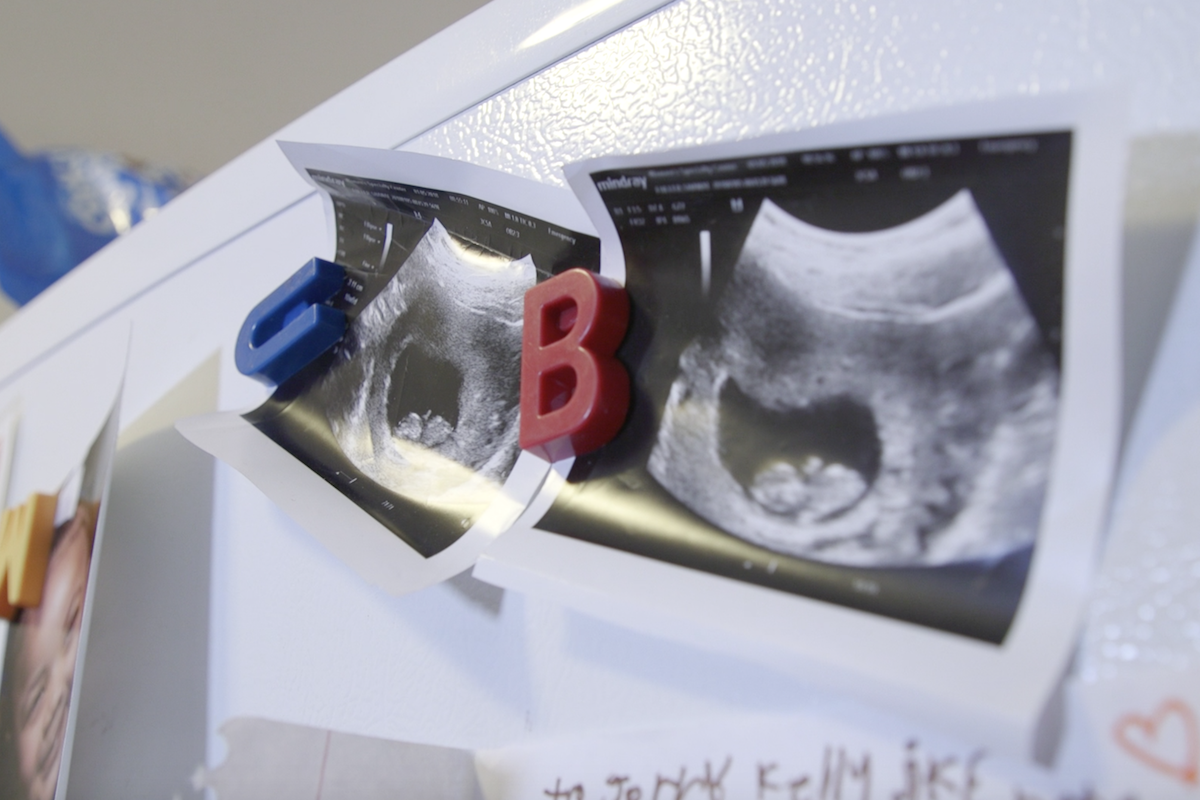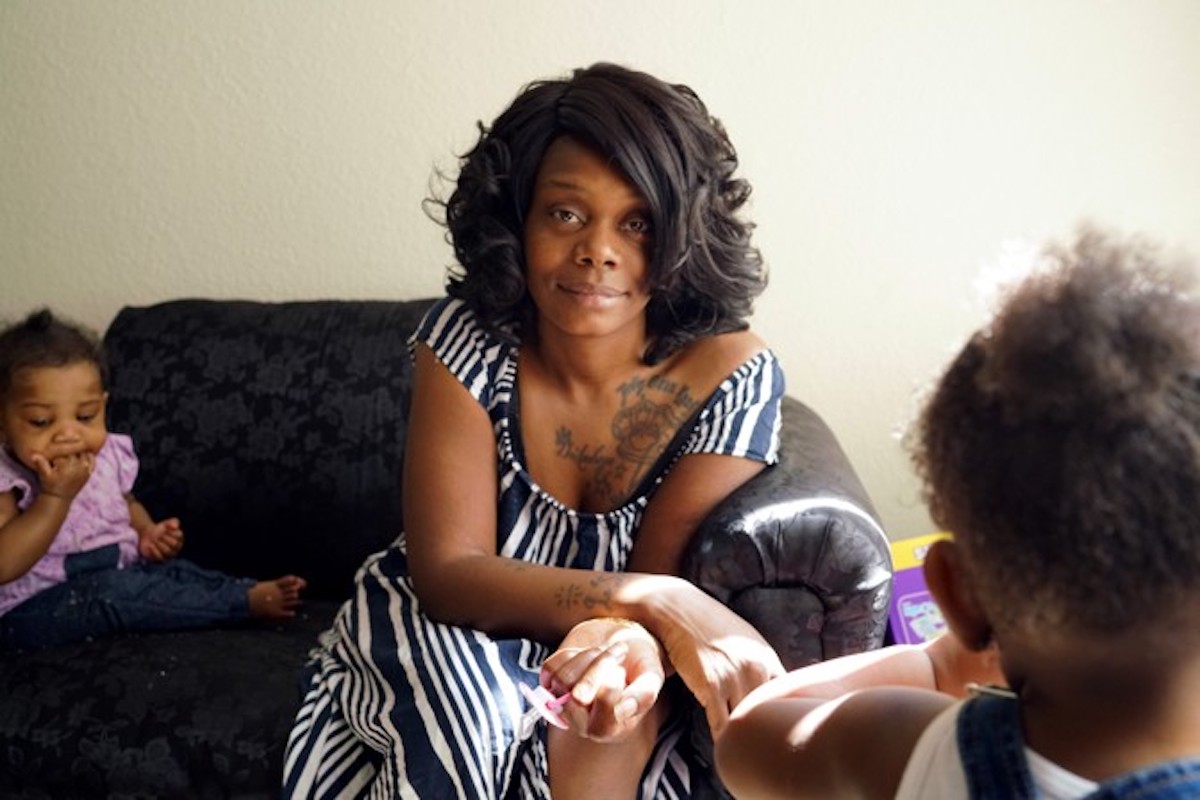[dropcap]When[/dropcap] baby Rodrigo was born, he didn’t make a sound. Lucy Gomez had been in a Fresno County hospital for a week since she first showed signs of labor. She’d reached only 23 weeks in her pregnancy before she gave birth—barely within the realm of viability for life outside the womb—and something was very wrong. [mc4wp_form id=”6042″]
She remembers her doctor directing her not to push her placenta out, but to keep it intact until the neonatal intensive care unit (NICU) team arrived. “He’s been born in his sac,” the doctor said. Gomez lay on her side and cried. Stillness surrounded her. “It must have taken them like three to five minutes [to enter the room]. But, it was eternal,” she told me.
When the team arrived, they whisked the baby away. Half an hour passed. Then, Gomez remembers a nurse practitioner came to her side and told her, “Your son is alive, but we can’t guarantee anything. His chances of survival are about 20 percent.” Lucy’s heart clenched at the sound of the number. The nurse practitioner listed the many terrible things that could happen to baby Rodrigo: he might never walk, speak, or breathe on his own. Gomez felt each word pile onto her shoulders. She must have done something wrong. She was to blame.
Gomez didn’t have the birth she wanted, and she’s not alone in her experience. Each year, over 400,000 women in America have preterm births, low-birthweight babies, or have babies who die before their first birthdays. Doctors lump these cases together and label them as “adverse birth outcomes.” Commonly cited risk factors contributing to adverse birth outcomes include drug use, poverty, and homelessness. But many cases aren’t attributed to those circumstances. Pregnancy is inherently risky. Some babies just come too early, which is why the dogma of personal responsibility bears a lot of weight on many mothers who have adverse birth outcomes. None of the commonly cited risk factors pertained to Gomez, yet she kept wondering whether she’d caused her son’s early birth, if she’d lifted too much or skipped a day of vitamins.



You must be logged in to post a comment.